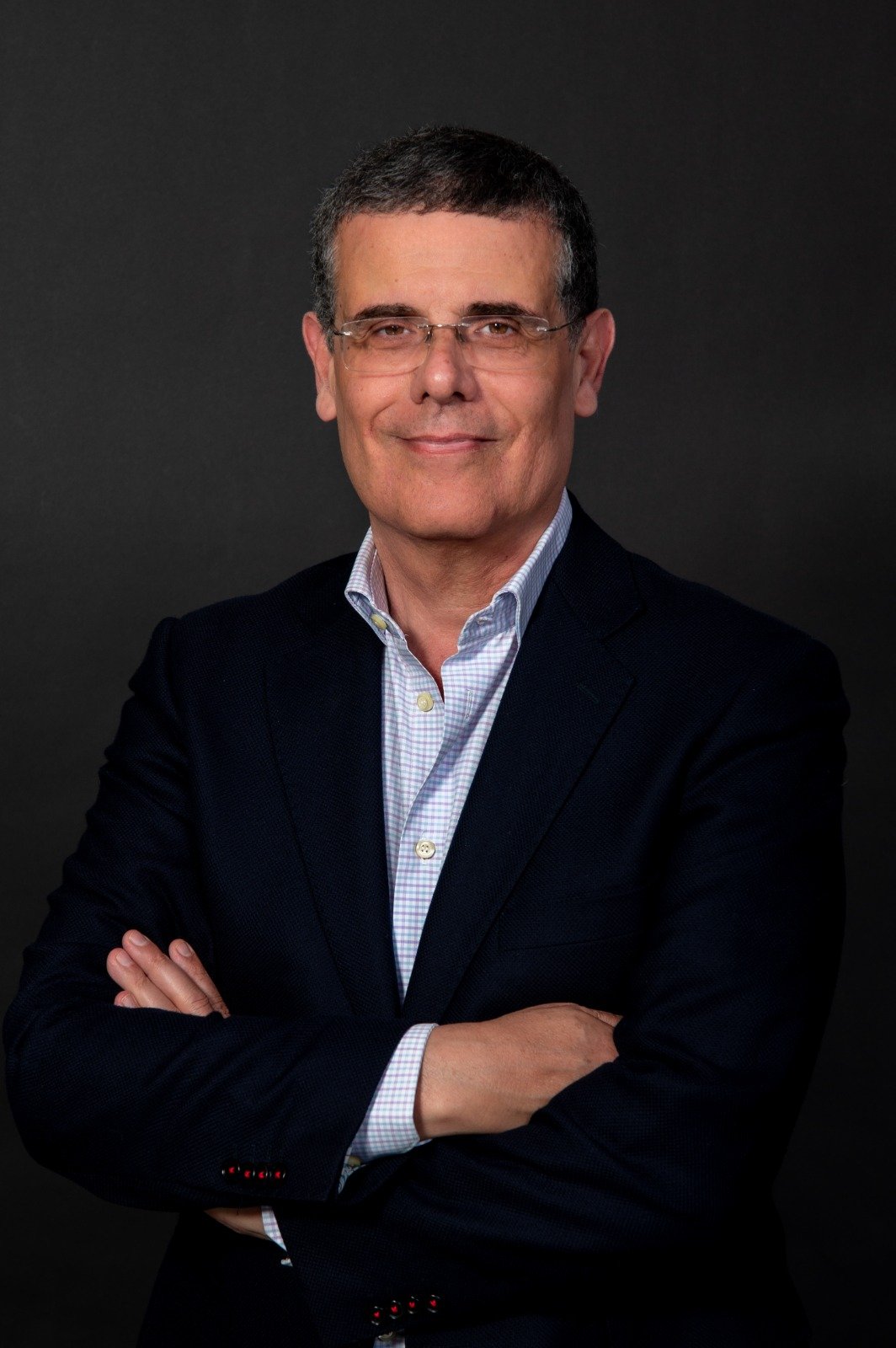
Artistic director Carlo Donadio
Carlo Donadio was born and trained in Rome, where he studied piano, choral singing, conducting, composition and experimental composition at the Conservatorio di Santa Cecilia. He has worked with the Teatro dell'Opera di Roma since 1984 as a substitute maestro and has been active in the Foundation's Artistic Direction since 2004. As a conductor, he specialised at the Accademia di Santa Cecilia in Rome and at the Pomeriggi Musicali in Milan with Gianluigi Gelmetti . In 1989 he made his debut in the symphonic repertoire with the Orchestra da camera del Lazio and in opera with La traviata at the Teatro Manzoni in Rome (1995). He then collaborated with the Orchestra del Teatro dell'Opera in Rome, the Orchestra del Teatro Pierluigi da Palestrina in Cagliari, the Orchestra di Roma e del Lazio, the Roma Sinfonietta, the Internazionale d'Italia, the Orchestra ICO Tito Schipa in Lecce. He has worked for the Teatro Brancaccio, the Teatro Pergolesi in Jesi, the Easter Festival in Rome, the Umbria Music Fest, the Teatro Marrucino in Chieti. Since 1997 he has been active abroad, at the beginning mainly in the East: at the Daegu City Opera, South Korea (Il Barbiere di Siviglia, Rigoletto, Tosca and Manon Lescaut), the Macau International Music Festival 2002 (La Bohème), the Art Center of Seoul (Aida), as well as in France, England, Germany, Serbia, Macedonia, Bulgaria. In May 2008 he made his debut at New York's Carnegie Hall in a Puccini anniversary concert with the New England Symphony Orchestra. He conducts at the Auditorium Parco della Musica, Sala Petrassi, the Orchestra Tartini and the Orchestra Regionale del Lazio (2011). He took part in the 2012-13 season of the Chamber Concerts of the Teatro dell'Opera di Roma at the Teatro Nazionale and at the Sala Accademica of the Conservatorio di Santa Cecilia, conducting compositions by, among others, Francis Poulenc, Paul Hindemith, Benjamin Britten and "l'Histoire du soldat " with Peppe Barra. For the Rome Opera he also conducted Turandot (2015) at the Baths of Caracalla, recordings of the Adagietto from Mahler's Fifth Symphony for Roland Petit's "La rose malade" (2015) and Saint Saens' "Il Carnevale degli animali", Nabucco (2016) at the Baths of Caracalla; Tosca (2017), Swan Lake (2016), La bella addormentata (2017) at the Teatro Costanzi ; Tosca (2017), La traviata (2017) at the Terme di Caracalla;" Suite en Blanc' (2018), 'Serata Philip Glass (2019)'; at the Teatro Nazionale: Nino Rota's 'Lo scoiattolo in gamba' (2017) and Britten's 'Il piccolo spazzacamino' (2018). He conducted the first performance of G.Sollima's "Acquaprofonda", the Abbiati critics' prize in 2021. Also for the Teatro dell'Opera di Roma, he recorded music by Ezio Bosso (2022) and the violin concerto by Tchaikovsky (2023, soloist Enzo Bolognese). On behalf of the Artistic Direction of the Teatro dell'Opera di Roma, he regularly participates in competition commissions for singing soloists and instrumentalists (Teatro Sperimentale di Spoleto competition from 2005 to 2014, Agostino Ziino, Lauri Volpi, Pietro Mongini, Tullio Serafin, Beniamino Gigli, Giorgio Merighi competitions) and composition (Sperimentale di Spoleto); in international competition commissions for choir artists, orchestra professors and collaborating masters (Teatro dell'Opera di Roma, Arena di Verona).
„At last, a focus is placed on the chamber aspect of the production of these two titans, giants of the great forms, who both express, in a way I would say perfectly complementary, their love for the genre, the first, Verdi, finally attributing to the piano important pages in support of his vocal inspiration that makes him unique among the masters of opera singing, and the other, Rachmaninov, who, after having given us unforgettable and precious pages of piano virtuosity throughout his oeuvre, this time expresses in vocal lyricism the singable qualities that have made his melodies entrusted to the piano in concerts with orchestra immortal. The hope is that this project will evoke in today's composers a new attention to vocal chamber music, where the composer, as has always been the case in the history of music, can experiment 'in the laboratory' with more refined and specific solutions for vocality and for the various instruments, in a relationship in which the meaning and function of musical lines can be mutuated, no longer just singing with accompaniment but complementary voices that harmonically intersect in a common pathway.”
— Carlo Donadio
